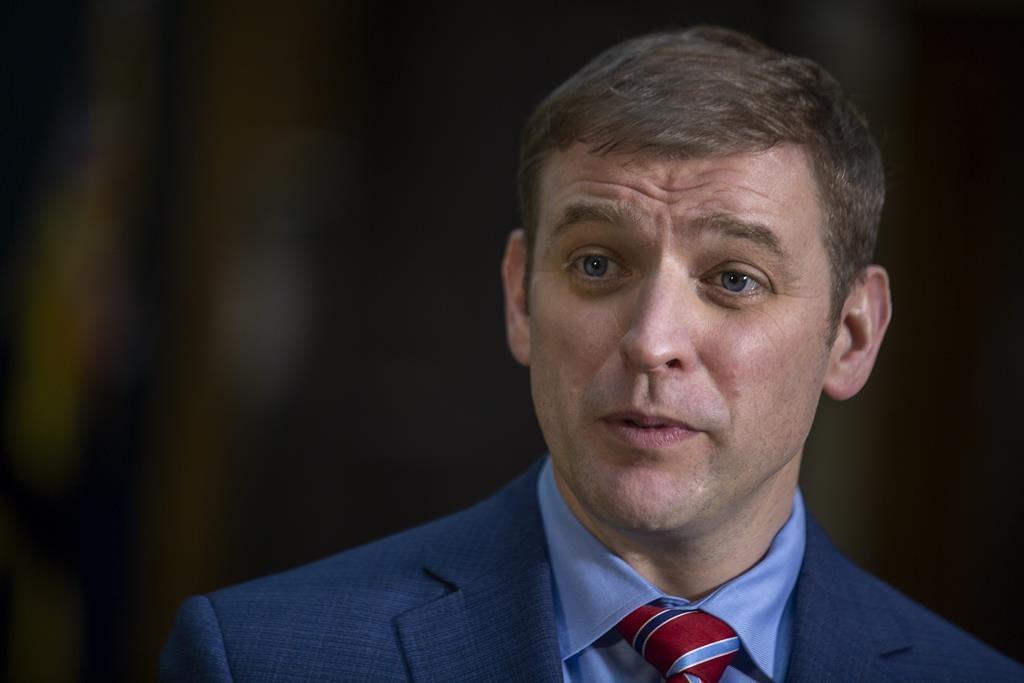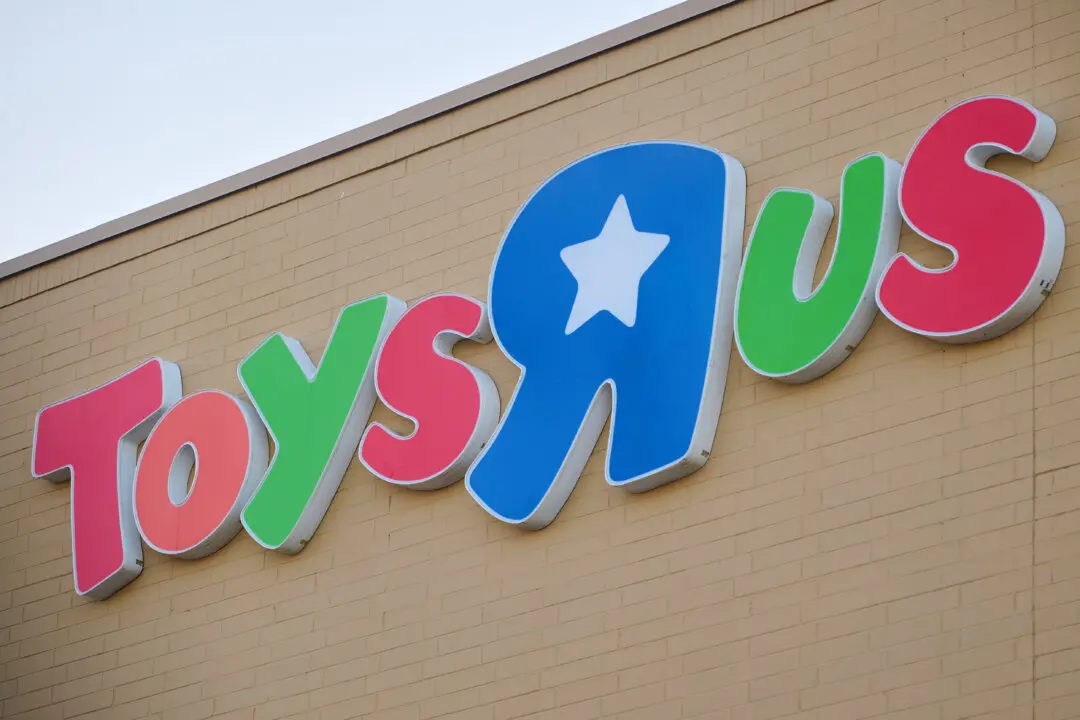ST. JOHN’S, N.L.—The Newfoundland and Labrador Liberals under leader Andrew Furey have been re−elected with a slim majority after a campaign that dragged on for 10 weeks because of the pandemic.
Results released Saturday by Elections NL gave the Liberals 22 of the province’s 40 seats, followed by the Progressive Conservatives, led by Ches Crosbie, with 13 seats. The NDP, led by Alison Coffin, will hold two seats alongside three elected Independents.





